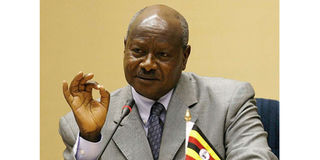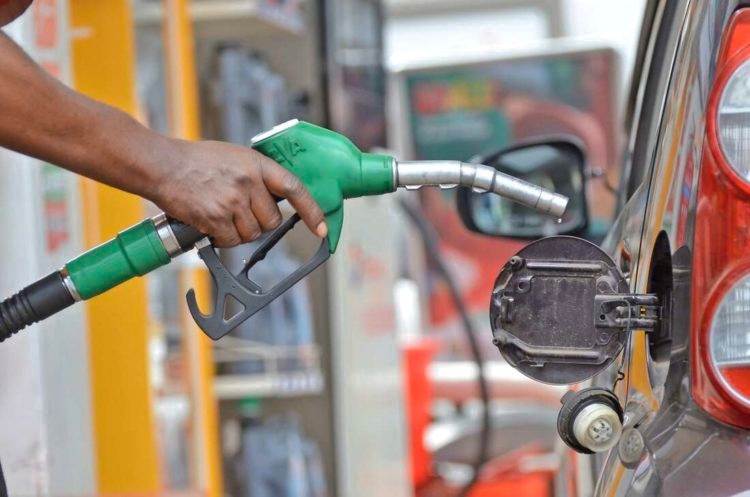Uganda is now Ebola free says Museveni

Uganda’s President Yoweri Museveni
What you need to know:
- According to WHO guidelines, 42 days have to elapse without any person contracting Ebola in an area for it to be declared free of the disease.
Uganda’s President Museveni has announced that Uganda is free of Ebola three months after the deadly virus hit the country.
The Ebola outbreak, which killed 56 people and infected 142 others, prompted the government to lock down two districts of Mubende and Kassanda, the epicentres of the virus.
“We have defeated Ebola. We have now overcome Ebola. Why? Because people have listened. Simple. I want to thank the medical staff. When we are giving medals, we shall have to give medical staff…because in this war of Corona [virus] and Ebola, they are always on the frontline,” the President said yesterday during his national address.
According to World Health Organisation guidelines, 42 days have to elapse without any person contracting Ebola in an area for it to be declared free of the disease.
On Saturday, the government lifted the lockdown on the two most affected districts after spending several days without getting any Ebola patient.
Mr Museveni said the death toll due to Ebola in Uganda wasn’t as bad as it was in other countries such as Sierra Leone where thousands were killed in more than two years.
Despite defeating Ebola, the President said the country is now faced with a rise in malaria cases in the country that have left more than 2,489 dead in 10 months. A total of 2,773 people succumbed to the disease last year.
“Malaria is also becoming a problem. The people dying from malaria are as many as those that died from Covid-19,” Mr Museveni said.
Malaria is transmitted by anopheles mosquito after biting an infected person and bites another.
The President said 14.3 million Ugandans have been infected with malaria since the year began, compared to 11.3 million people, who suffered from the disease in 2021.
He said 75 districts have high malaria cases led by Yumbe, Tororo, Adjumani, Kamuli and Agago. Kampala City and Wakiso District are also among the areas with high malaria cases.
He attributed that rise in malaria cases to poor use of protective measures such as sleeping under treated mosquito nets, clearing of bushes around homes and leaving stagnant water near residences.
The government gave out more than 21 million treated mosquito nets to homes across the country.
“One of the main factors is the poor use of protective measures such as mosquito nets, which the government routinely distributes…. However, only 70 of the population consistently sleep under mosquito nets. Really, what can we do?” he wondered.
He urged Ugandans to clear bushes, stagnant water and sleep under treated mosquito nets.
He said the rise in HIV/Aids infections among young people aged between 15 and 24 is worrying, and urged the health workers to intensify the campaigns to teach people to avoid having protected sex.
On the issue of crime, Mr Museveni said the attacks on police posts were carried out by individual criminals and ADF rebels, but the culprits were either arrested or killed.
“It is really foolish that you can commit crimes in Uganda, under the National Resistance Movement, and you survive,” he said. “Anybody who kills people will be arrested or killed if he resists arrest,” he added.
Mr Museveni said the attacks left a lot of evidence at the crime scenes that was used to track them down.
“No one should get worried about these groups,” he said, adding that the army and the police would deal with them.




